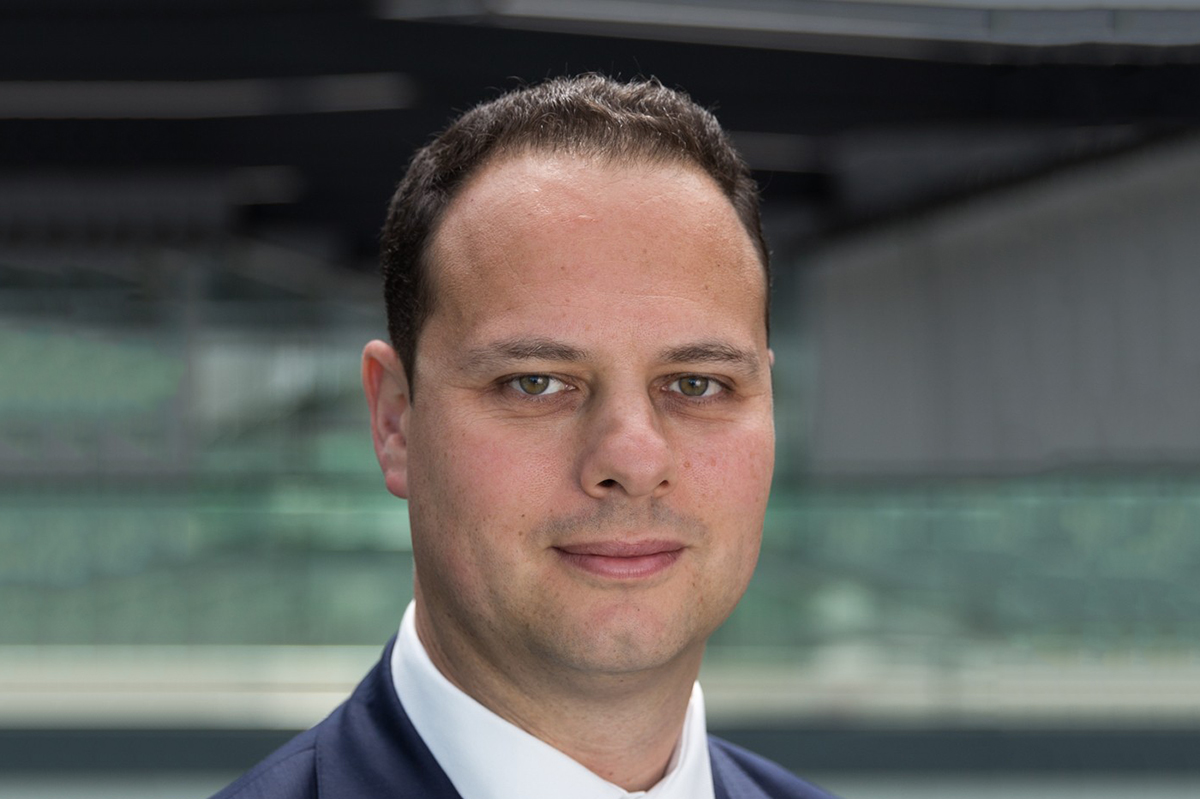The role of an administrator is to rescue a company, if possible, and if not, to recover as much value as they can for the company’s creditors. But from day one, the EY-Parthenon team had more immediate concerns. By 11 p.m. the night before Flybe entered administration, the EY-Parthenon and Flybe leadership teams agreed to ground their fleet of aircraft so that, in the early hours of the next morning, the administration could be affected.
Meanwhile, thousands of passengers were travelling to airports expecting to board a Flybe flight that day, so the first challenge the EY-Parthenon team faced was a logistical one. After they had quickly formulated an operational plan, they dispatched members of EY-Parthenon staff to 26 airports across the UK and Europe to help brief Flybe’s 2,200 employees, and communicate to over 20,000 passengers that their flights had been canceled.
A key priority was to negotiate with the Civil Aviation Authority (CAA) about Flybe’s operating license and air operator certification. Without these, Flybe would lose access to valuable assets and vital permissions to function, including UK and EU airport slots.
Finally, the EY-Parthenon team had to contact all of Flybe’s aircraft lessors, that is the companies from whom they leased their aircraft and engines. Naturally, the lessors wanted to know where their planes were parked, how they were going to be maintained and when they would be paid what they were owed.
To add to the complexity, within two weeks of the administration filing, the UK went into lockdown and the EY-Parthenon and Flybe teams were required to work from home. Without the ease of face-to-face contact, the EY-Parthenon teams were navigating new and unfamiliar practical and operational challenges on a daily (if not hourly) basis. As a solution, they transitioned the EY-Parthenon and Flybe teams to a stable online platform, from which they could interact and continue their work.
This platform enabled vital asset and property inspections via video-conferencing and, ultimately, the online sale process of an international M&A. “Carrying out an online administration was a first,” says Simon Edel, EY-Parthenon Turnaround & Restructuring Strategy Partner. “The key to a successful administration is usually founded on building essential client and stakeholder relationships face-to-face’. This was not a luxury available to us, but we were able to react and adapt quickly.”










